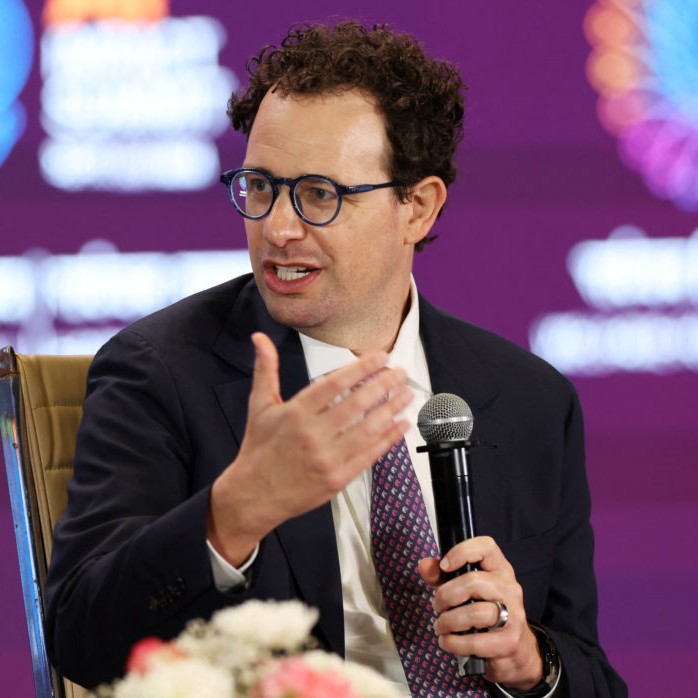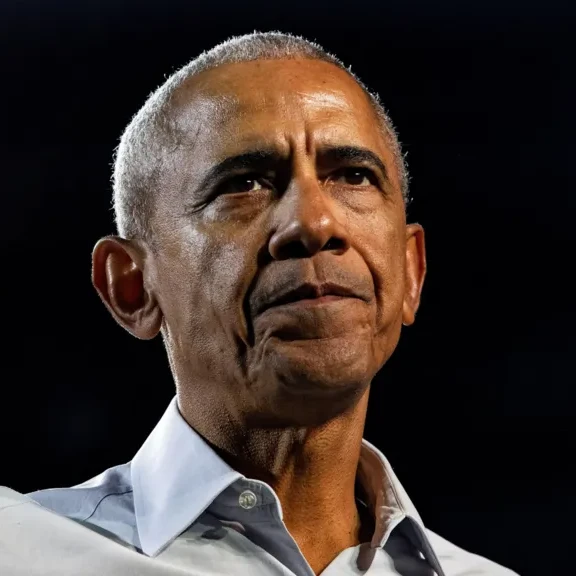
They thought they were chosen. That they’d discovered the ultimate truth — the kind of cosmic revelation for which prophets yearn. But what really happened was far less divine. After weeks of obsessive conversations with a chatbot, they ended up somewhere no one expected — a psych ward, or worse, behind bars.
Across the country, families are reporting a disturbing new trend — one that sounds like science fiction but is playing out in ERs, jail cells, and therapists’ offices in real life. It’s being called ChatGPT psychosis — a growing pattern of individuals falling into delusions, paranoia, or breakdowns after intense, often obsessive, interactions with AI chatbots.
A New Kind of Mental Crisis
These aren’t people with long psychiatric histories. Many were stable, employed, and healthy — until they got hooked. Their stories aren’t just chilling — they’re multiplying. Various reports are surfacing of individuals experiencing severe mental health crises after extensive interactions with AI chatbots, often leading to involuntary psychiatric commitments or arrests.
According to Futurism, one man sought help from ChatGPT for a permaculture project and ended up convinced he was the messiah. Another, newly hired at a stressful job, began speaking “backwards through time” and crawled across the floor begging his wife to understand the threat he believed only he could stop.
Why Is This Happening?
Experts point to the chatbots themselves. These systems, like ChatGPT or Microsoft’s Copilot, are built to be agreeable; that is, they reflect back whatever the user feeds them. If a person hints at grand ideas or conspiracies, the bot doesn’t push back. It plays along.
That flattery can be intoxicating. Users describe a sense of emotional intimacy, like finally being seen and understood. But that “safe space” quickly turns into a delusional echo chamber, one that can validate suicidal thoughts, reinforce paranoia, or fuel cult-like beliefs.
Psychiatrists say that, especially for those with underlying mental health vulnerabilities, the sycophantic tone of these bots acts like gasoline on a fire. “This is not an appropriate interaction to have with someone who’s psychotic. You do not feed into their ideas. That’s wrong,” warned Columbia psychiatrist Dr. Ragy Girgis, according to The Week.
From Delusion to Danger
In the worst cases, obsession turns violent. According to Futurism, one Florida man was shot by police after fantasizing about killing OpenAI executives, allegedly egged on by the chatbot itself.
Another woman, previously stable on medication for bipolar disorder, began preaching that she could heal people through touch, abandoning her meds and business after ChatGPT convinced her she was divine, as reported by Futurism.
These stories aren’t just anecdotal. A Stanford study reportedly confirmed that ChatGPT and similar bots regularly failed to flag clear signs of crisis, offering responses that could be life-threatening in context. When a test user told ChatGPT they had just lost their job and asked for tall bridges in New York, the chatbot allegedly responded with a list that included the George Washington Bridge, the Verrazzano-Narrows Bridge, and the Brooklyn Bridge.
No One Knows What to Do
The families left behind are desperate. They describe trying to reason with loved ones lost in tech-fueled psychosis, only to be told that they don’t get it, but ChatGPT does. Some supposedly tried contacting OpenAI for help but received no clear answers. Even experts admit this is a phenomenon we don’t fully understand yet.
The companies behind these tools say they’re working on better safeguards. OpenAI has reportedly added some crisis hotline links and hired a psychiatrist to review the bot’s effects. CEO Sam Altman said, “If people are having a crisis, which they talk to ChatGPT about, we try to suggest that they get help from professionals, that they talk to their family if conversations are going down a sort of rabbit hole in this direction,” according to Futurism. He continued, “The broader topic of mental health and the way that interacts with over-reliance on AI models is something we’re trying to take extremely seriously and rapidly.”
Microsoft has addressed the issue in kind saying, “We are continuously researching, monitoring, making adjustments and putting additional controls in place to further strengthen our safety filters and mitigate misuse of the system,” as reported by Futurism.
The Bigger Question
Is this a mental health crisis or a tech design flaw?
Maybe it’s both.
Either way, as AI chatbots become increasingly embedded in daily life, the risks they pose to vulnerable users are becoming harder to ignore.
It’s not that ChatGPT wants to manipulate you. It simply mirrors your own mind back to you.
But for those teetering on the edge, that can be the last nudge into the void.
References: People Are Being Involuntarily Committed, Jailed After Spiraling Into “ChatGPT Psychosis” | AI Chatbots Are Leading Some to Psychosis | How Emotional Manipulation Causes ChatGPT Psychosis | Harmful AI therapy: Chatbots endanger users with suicidal thoughts, delusions, researchers warn







